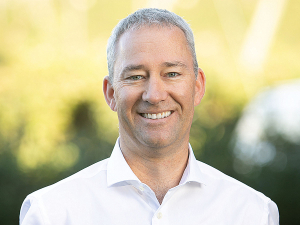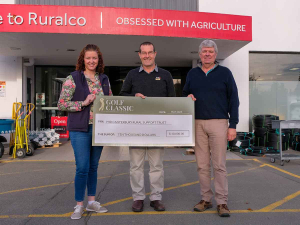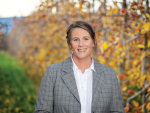Bond says this good news comes after two challenging years where weather and labour had been a problem.
But he says this season has been a turnaround with no problems with labour or weather and it’s been a very solid growing season. Bond says the favourable weather has meant picking the kiwifruit harvest has been much easier, with few stoppages, meaning a continuous flow of fruit into the postharvest facilities.
“We just need this to continue so that we can get all the fruit off the vines in the same good condition as we have been able to so far,” he says.
Two things that helped this season, says Bond, are the plentiful labour – with more backpackers coming into the country, the lifting of the cap on the number of RSE (overseas) workers from the Pacific Islands allowed into NZ and the rise in the number of kiwi’s seeking work in the sector; and new postharvest automation which requires less labour.
“The most important thing for post-harvest has been the high quality of fruit coming into them from the orchard. With plenty of well-trained staff, combined with the good weather, the post-harvest people are getting consistent supplies which allows them to have better structured shifts and achieve greater efficiency,” he says.
Bond says overall the season has been good, but there are regions such as Tairawhiti where the effects of Cyclone Gabrielle and other rain events have caused big problems for some growers.


















